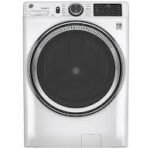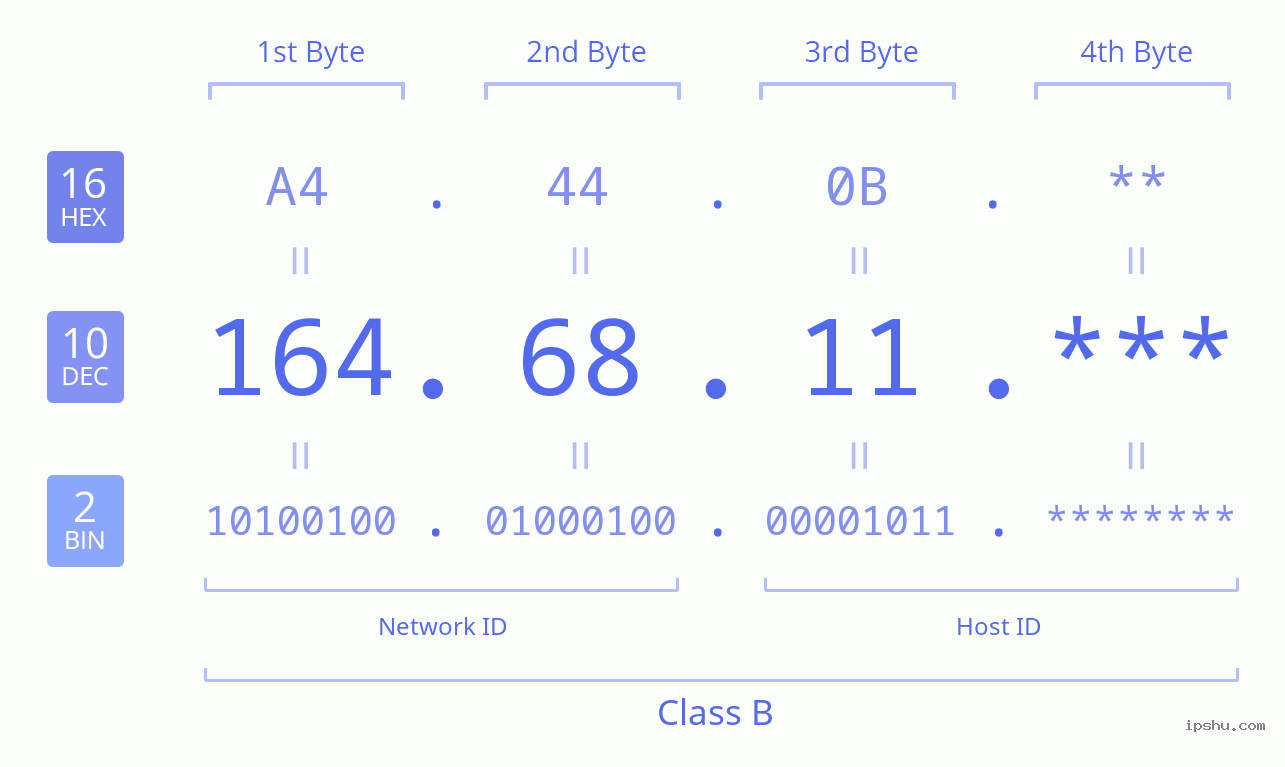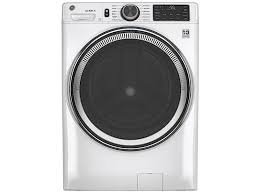Introduction
When browsing online, you might come across IP addresses like 164.68.1111.161. Many users search such numbers to check whether it belongs to a website, a server, or even to investigate suspicious activity. However, at first glance, 164.68.1111.161 is not a valid IPv4 address, since IPv4 addresses must have four sets of numbers between 0 and 255. Despite this, people often encounter similar-looking IPs in server logs, proxy settings, or cybersecurity reports.
In this article, we’ll break down what 164.68.1111.161 means, why people search for it, and how IP addresses are used in networking, hosting, and security.
What Is 164.68.1111.161?
An IP address (Internet Protocol address) is a unique identifier assigned to devices connected to the internet. The common version, IPv4, uses a set of four numbers separated by dots, where each number ranges from 0 to 255.
For example:
✅ Valid IPv4: 164.68.111.161
❌ Invalid IPv4: 164.68.1111.161 (contains “1111,” which is outside the valid range)
So, 164.68.1111.161 is not technically valid, but it may appear due to:
-
A typo in a valid IP like 164.68.111.161.
-
Malicious links or phishing attempts where attackers disguise fake IPs.
-
Configuration errors in servers or logs.
Why Do People Search 164.68.1111.161?
People usually search such IPs for several reasons:
-
Website Investigation – To check if it belongs to a particular website or server.
-
Cybersecurity Checks – To see if the IP is linked to spam, malware, or hacking attempts.
-
Server Troubleshooting – Developers sometimes type or copy wrong IPs, so they Google them to confirm validity.
-
Proxy or VPN Use – Many proxies/VPNs show IPs, and users verify them online.
The Difference Between 164.68.1111.161 and 164.68.111.161
-
164.68.1111.161 → Invalid (not usable on the internet).
-
164.68.111.161 → Valid IPv4, and it may belong to a hosting provider or a data center.
If you searched for 164.68.1111.161, you likely meant 164.68.111.161.
How to Check Any IP Address
If you want to analyze an IP, you can use several free tools:
-
WHOIS Lookup – Finds the owner of the IP and hosting details.
-
IP Location Finder – Shows approximate country and city.
-
Blacklist Check – Tells if the IP is flagged for spam or malware.
-
Ping & Traceroute – Helps test connection to the server.
Security Risks of Unknown IPs
If you see 164.68.1111.161 in your logs, treat it carefully. Invalid or suspicious IPs can be linked to:
-
Brute force attacks
-
Phishing campaigns
-
Fake proxies/VPNs
-
Configuration errors
Always:
-
Block suspicious IPs in your firewall.
-
Use intrusion detection systems (IDS).
-
Keep your website/server software updated.
SEO Angle: Why Write About 164.68.1111.161?
People often search unusual IPs when investigating security logs or hosting details. Writing about them helps capture long-tail SEO traffic, especially from users looking for:
-
“Is 164.68.1111.161 a valid IP?”
-
“164.68.1111.161 location lookup”
-
“Who owns 164.68.1111.161?”
By targeting such keywords, your article can rank well for cybersecurity and networking queries.
Frequently Asked Questions (FAQ)
1. Is 164.68.1111.161 a valid IP address?
No. It’s invalid because “1111” is larger than 255, which is the maximum range for IPv4.
2. What could 164.68.1111.161 mean?
It’s likely a typo of 164.68.111.161, which is a valid IP.
3. Can I access a website using 164.68.1111.161?
No, invalid IPs cannot point to real websites.
4. What should I do if I see 164.68.1111.161 in my logs?
Double-check it. If it’s not a typo, block it in your firewall to stay safe.
Conclusion
The IP 164.68.1111.161 may look like a real address, but it is technically invalid in IPv4 standards. Most likely, it’s a typo of 164.68.111.161, which belongs to a real server or hosting provider. If you encounter this IP in logs, treat it as suspicious and verify with security tools.
Understanding how IPs work helps you stay safe online, troubleshoot better, and avoid falling victim to cyber risks.











